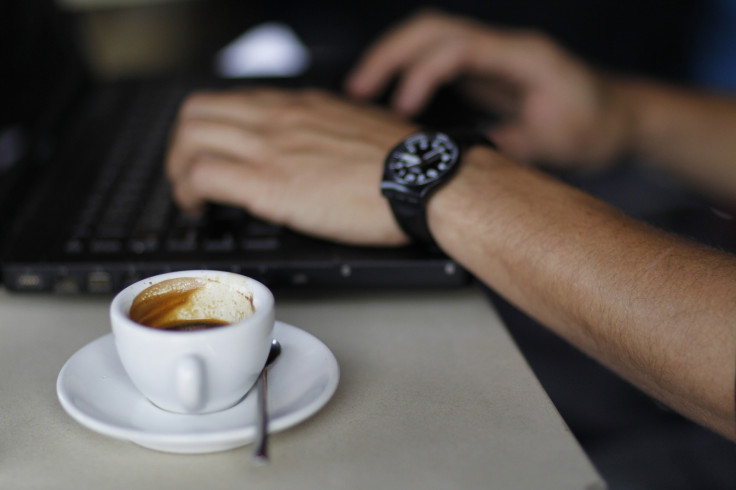Travelling CEOs and coffee shop WiFi pose biggest threat to business security, study finds
One in 10 UK companies said they have no security concerns regarding employees' use of public Wi-Fi hotspots.

As digital security fears continue to rise amid frequent and sophisticated cyberattacks, more and more companies are looking to bolster their cyber defences. In terms of enterprise security, researchers have found that C-level executives, including CEOs, post the biggest risk of being hacked outside the office.
Mobile connectivity firm iPass conducted a survey of 500 CIO and IT decision makers from across the US, UK, Germany and France to compile its latest iPass Mobile Security Report which examines how businesses are now approaching mobile device and hotspot security.
According to the report, 93% of respondents said they were concerned about the security challenges that come with an increasingly mobile workforce. Over two-thirds of respondents (68%) said they decided to ban employee use of free public Wi-Fi hotspots to some extent, up from 62% in 2016. About 33% of organisations said they banned it altogether, up from 22% last year.
Shockingly, nearly one in 10 UK organisations (8%) said they have no security concerns regarding employees' use of public Wi-Fi hotspots, compared to 1% in the US and 2% in France. UK companies were also found to be the least likely to ban the use of public Wi-Fi completely.
Cafes and coffee shops (42%), which have proven extremely popular with mobile workers due to convenience, were ranked the top high-risk venues to hop onto public Wi-Fi. Airports (30%), hotels (16%), exhibition centres (7%) were also seen as risky venues.
"The grim reality is that C-level executives are by far at the greatest risk of being hacked outside of the office. They are not your typical 9-5 office worker," Raghu Konka, vice president of engineering at iPass, said in a statement. "They represent a dangerous combination of being both highly valuable and highly available, therefore a prime target for any hacker.
"Cafés and coffee shops are everywhere and offer both convenience and comfort for mobile workers, who flock to these venues for the free high speed internet as much as for the coffee. However, cafés invariably have lax security standards, meaning that anyone using these networks will be potentially vulnerable."
Companies are also particularly wary of man-in-the-middle attacks where hackers secretly intercept the communication between two unsuspecting parties. Other worrying security concerns highlighted by respondents include lack of encryption, unpatched operating systems and hotspot spoofing.
"Organisations are more aware of the mobile security threat than ever, but they still struggle to find the balance between security and productivity," Konka said. "While businesses understand that free public Wi-Fi hotspots can empower employees to do their job and be more productive, they are also fearful of the potential security threat.
"Sadly, in response to this growing threat, the majority of organisations are choosing to ban first and think later. They ignore the fact that, in an increasingly mobile world, there are actually far more opportunities than threats.
"Rather than give in to security threats and enforce bans that can be detrimental or even unenforceable, businesses must instead ensure that their mobile workers have the tools to get online and work securely at all times."
© Copyright IBTimes 2024. All rights reserved.





